In a sense, AI has become almost mundanely ubiquitous, from the intelligent sensors that set the aperture and shutter speed in digital cameras, to the heat and humidity probes in dryers, to the automatic parking feature in cars. And more applications are tumbling out of labs and laptops by the hour.
“It’s an exciting world,” says Colin Angle, chairman and cofounder of iRobot, which has brought a number of smart products, including the Roomba vacuum cleaner, to consumers in the past decade.
What may be most surprising about AI today, in fact, is how little amazement it creates. Perhaps science-fiction stories with humanlike androids, from the charming Data (“Star Trek“) to the obsequious C-3PO (“Star Wars”) to the sinister Terminator, have raised unrealistic expectations. Or maybe human nature just doesn’t stay amazed for long.
“Today’s mind-popping, eye-popping technology in 18 months will be as blasé and old as a 1980 pair of double-knit trousers,” says Paul Saffo, a futurist and managing director of foresight at Discern Analytics in San Francisco. “Our expectations are a moving target.”
The ability to create machine intelligence that mimics human thinking would be a tremendous scientific accomplishment, enabling humans to understand their own thought processes better. But even experts in the field won’t promise when, or even if, this will happen.
Entrepreneurs like iRobot’s Mr. Angle aren’t fussing over whether today’s clever gadgets represent “true” AI, or worrying about when, or if, their robots will ever be self-aware. Starting with Roomba, which marks its 10th birthday this month, his company has produced a stream of practical robots that do “dull, dirty, or dangerous” jobs in the home or on the battlefield. These range from smart machines that clean floors and gutters to the thousands of PackBots and other robot models used by the US military for reconnaissance and bomb disposal.
While robots in particular seem to fascinate humans, especially if they are designed to look like us, they represent only one visible form of AI. Two other developments are poised to fundamentally change the way we use the technology: voice recognition and self-driving cars.
Via
Dr. Stefan Gruenwald

 Your new post is loading...
Your new post is loading...
 Your new post is loading...
Your new post is loading...




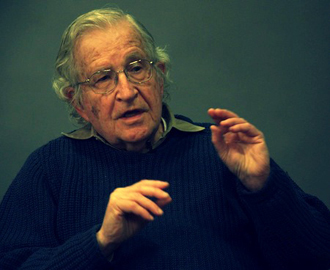





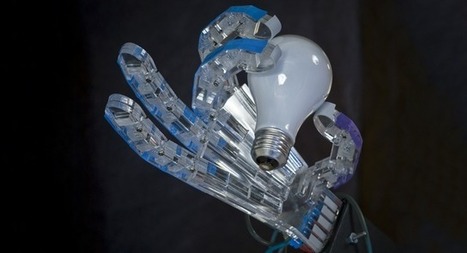

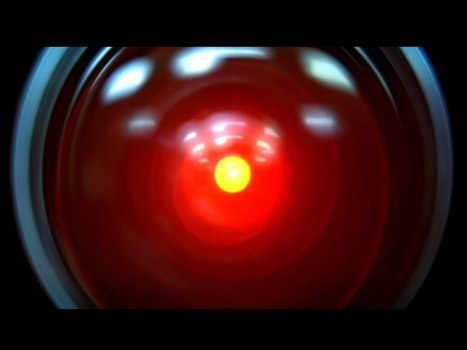

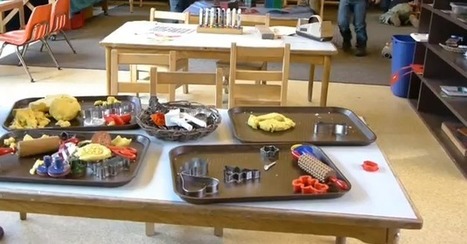








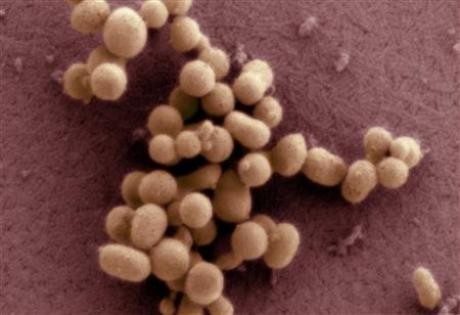
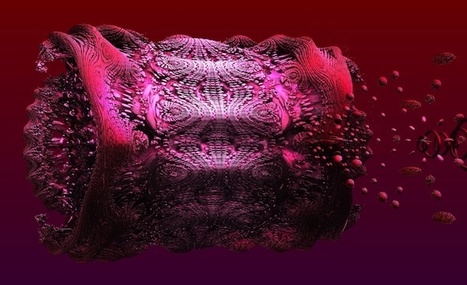
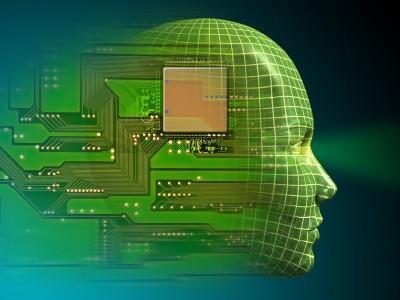







"...people were extremely optimistic about the field's progress, but it hasn't turned out that way. "